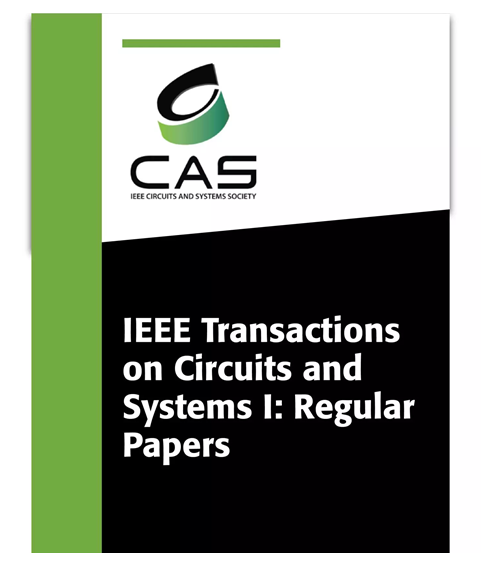通过高阶极点-零点消除法实现单机无限总线系统的基于模型无关观测器的临界阻尼端电压稳定
IF 5.2
1区 工程技术
Q1 ENGINEERING, ELECTRICAL & ELECTRONIC
IEEE Transactions on Circuits and Systems I: Regular Papers
Pub Date : 2024-08-15
DOI:10.1109/TCSI.2024.3440632
引用次数: 0
摘要
所提出的级联型反馈系统利用功率角和端电压这两个测量值来稳定单机无限母线(SMIB)系统的端电压。由此产生的控制法则只需要 SMIB 的标称系统参数,而观测器则消除了任何模型依赖性。本文做出了几项贡献。首先,高阶极零消除(PZC)技术构建了观测器,可在不需要任何 SMIB 模型信息的情况下估计端电压和功率角测量值的时间导数。其次,高阶 PZC 技术使外环能够根据终端电压的临界阻尼动态估算出所需的功率角参考值。第三,通过高阶 PZC 技术将闭环阶数降至 2,内环基于观测器的比例-双积分-衍生控制法则可指数化地稳定功率角误差。通过 MATLAB/Simulink 实现拟议的级联型反馈系统,验证了拟议解决方案的有效性。本文章由计算机程序翻译,如有差异,请以英文原文为准。
Model-Independent Observer-Based Critically Damped Terminal Voltage Stabilization for Single Machine Infinite Bus Systems via High-Order Pole-Zero Cancellation Approach
The proposed cascade-type feedback system stabilizes the terminal voltage of single machine infinite bus (SMIB) systems using two measurements: power angle and terminal voltage. The resultant control law only requires the nominal system parameters of the SMIB, and the observer removes any model dependence. This paper provides several contributions. First, the high-order pole-zero cancellation (PZC) technique constructs the observer to estimate the time derivatives of the terminal voltage and power angle measurements without any SMIB model information. Second, the high-order PZC technique enables the outer loop to estimate the desired power angle reference along the critically damped dynamics for the terminal voltage. Third, the observer-based proportional-double integral-derivative control law for the inner loop exponentially stabilizes the power angle error by reducing the closed-loop order to 2 through the high-order PZC technique. A MATLAB/Simulink implementation of the proposed cascade-type feedback system validates the effectiveness of the proposed solution.
求助全文
通过发布文献求助,成功后即可免费获取论文全文。
去求助
来源期刊
CiteScore
9.80
自引率
11.80%
发文量
441
审稿时长
2 months
期刊介绍:
TCAS I publishes regular papers in the field specified by the theory, analysis, design, and practical implementations of circuits, and the application of circuit techniques to systems and to signal processing. Included is the whole spectrum from basic scientific theory to industrial applications. The field of interest covered includes: - Circuits: Analog, Digital and Mixed Signal Circuits and Systems - Nonlinear Circuits and Systems, Integrated Sensors, MEMS and Systems on Chip, Nanoscale Circuits and Systems, Optoelectronic - Circuits and Systems, Power Electronics and Systems - Software for Analog-and-Logic Circuits and Systems - Control aspects of Circuits and Systems.

 求助内容:
求助内容: 应助结果提醒方式:
应助结果提醒方式:


